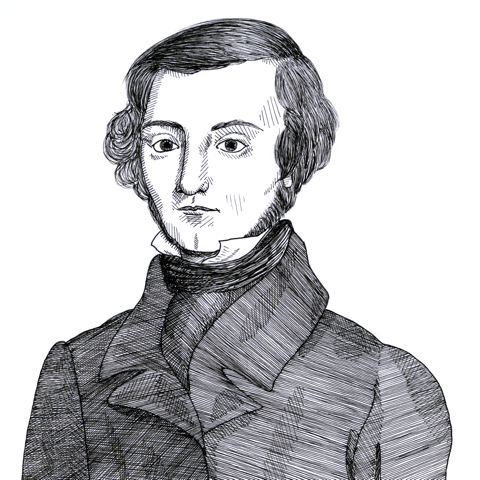
Tocqueville on the spirit of association (1835)
Found in: Democracy in America: Historical-Critical Edition, vol. 3
The French aristocrat and liberal politician Alexis de Tocqueville (1805-1859) was intrigued by “the spirit of association” which he saw everywhere in North America and came to the conclusion that there would be considerable benefits if men and women were “to associate freely in everything”:
Politics & Liberty
When citizens can associate only in certain cases, they regard association as a rare and singular process, and they hardly think of it.
When you allow them to associate freely in everything, they end up seeing in association the universal and, so to speak, unique means that men can use to attain the various ends that they propose. Each new need immediately awakens the idea of association. The art of association then becomes, as I said above, the mother science; everyone studies it and applies it.